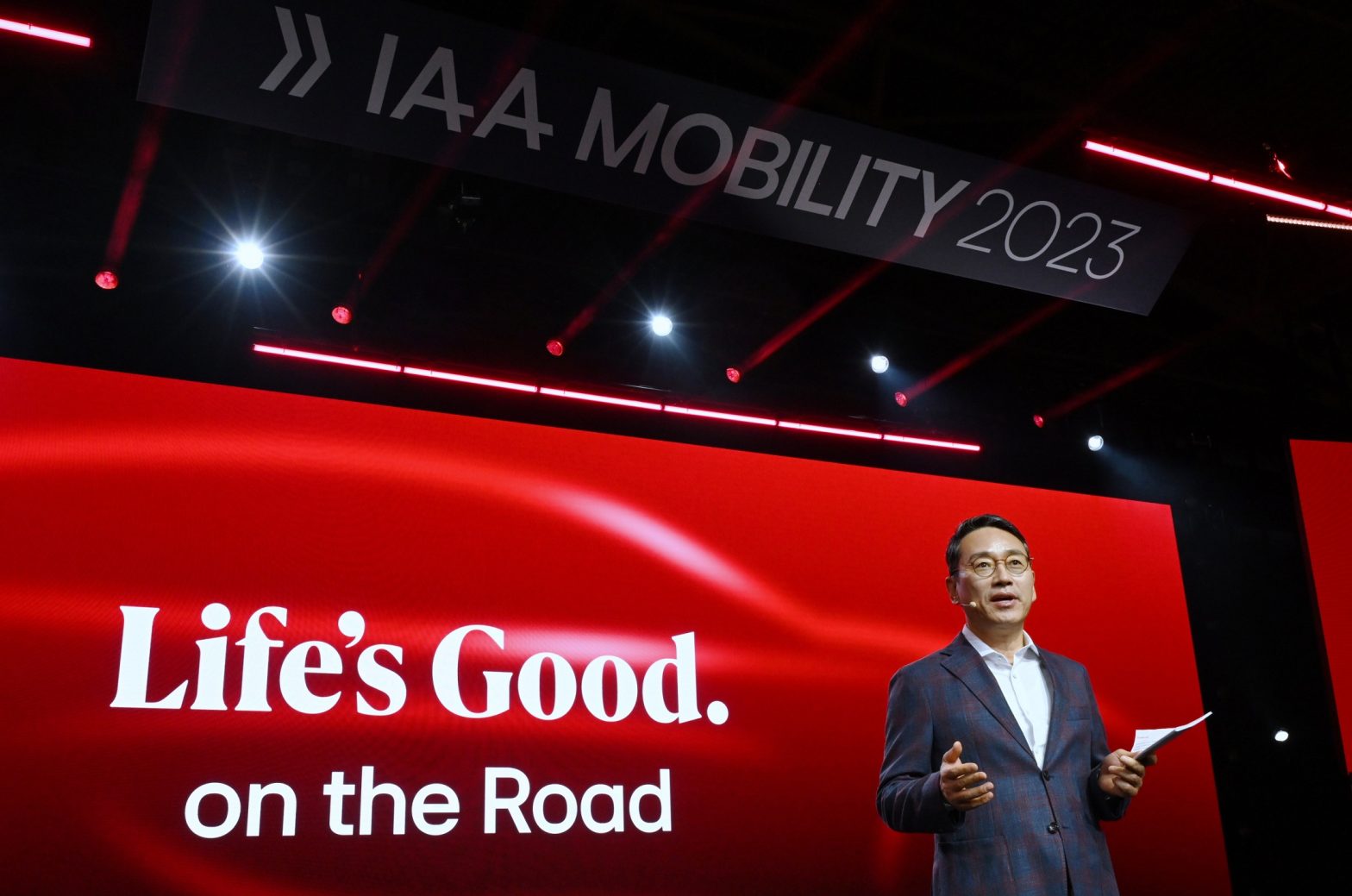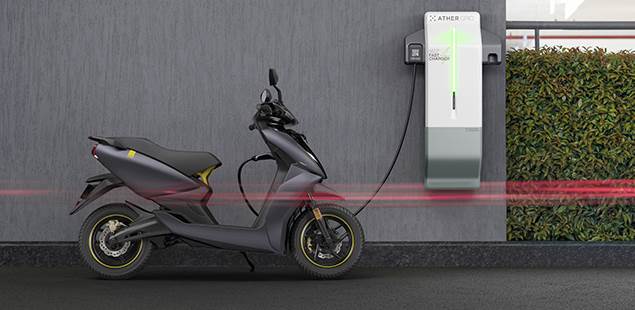TOKYO, Sept. 1, 2023 /PRNewswire/ — – Go behind Scenes of Global Logistics with New Brand Film from NIPPON EXPRESS – NIPPON EXPRESS HOLDINGS, INC. released a new brand movie “Finding the Way” on September 1. The short film follows NIPPON EXPRESS employees from Japan, the United States and Europe as they coordinate strategic shipments… Continue reading NIPPON EXPRESS Releases New Film Spotlighting Its Essential Role in Global Logistics
Tag: Strategy
QUANTRON and Ballard Power Systems introduce fuel cell powered trucks ready for delivery
Ballard, a market leader of PEM fuel cell systems, and the German specialist for sustainable passenger and freight transport, Quantron AG, have been developing zero-emission fuel cell electric commercial vehicle platforms in a partnership since September 2021 The heavy-duty truck QUANTRON QHM FCEV and the light-duty truck QUANTRON QLI FCEV are the first examples of this fruitful… Continue reading QUANTRON and Ballard Power Systems introduce fuel cell powered trucks ready for delivery
India Digest: Bid talks for Cipla; Nazara to raise up to $12m; BharatPe eyes $100m
Bain Capital is reportedly in talks with Dr Reddy’s Laboratories to consider a joint bid for buying out promoters’ stake in Cipla. Fintech firm BharatPe has approached its existing investors to raise $100 million in an equity funding round while Nazara Technologies is looking to raise up to $12 million. Bain Capital in talks with… Continue reading India Digest: Bid talks for Cipla; Nazara to raise up to $12m; BharatPe eyes $100m
Hyundai Mobis Launches ‘MOBIS MOBILITY MOVE 2.0’ Strategy to Double Growth in Europe
Hyundai Mobis announces its ‘MOBIS MOBILITY MOVE 2.0’ strategy for European expansion Growth focused around its three core businesses: Electrification (battery/PE system), Next-generation chassis (X-By-Wire), and Connectivity Hyundai Mobis to double revenue growth Year-on-Year achieving… Go to Source
Hyundai Mobis Launches ‘MOBIS MOBILITY MOVE 2.0’ Strategy to Double Growth in Europe
Hyundai Mobis announces its ‘MOBIS MOBILITY MOVE 2.0’ strategy for European expansion Growth focused around its three core businesses: Electrification (battery/PE system), Next-generation chassis (X-By-Wire), and Connectivity Hyundai Mobis to double revenue growth Year-on-Year achieving 30% annual sales growth in Europe by 2030 SEOUL, South Korea, Sept. 5, 2023 /PRNewswire/ — At IAA Mobility… Continue reading Hyundai Mobis Launches ‘MOBIS MOBILITY MOVE 2.0’ Strategy to Double Growth in Europe
Cybeats Provides Corporate Update; Achieves 213% Growth and $700,000+ Average Enterprise Contract Size
MRR Growth – 213% monthly recurring revenue (MRR)1 growth YTD Pilot conversion rate – 85% of pilot evaluations have converted to license agreements, up from 75% in early 2023 Client profile – 78% of SBOM Studio clients are Fortune 500 companies. The collective market capitalization of current commercial clients is over $1 trillion Average Contract Value… Continue reading Cybeats Provides Corporate Update; Achieves 213% Growth and $700,000+ Average Enterprise Contract Size
Ports in Europe lure investors into clean energy gateway plan
The European Union is helping finance the bloc’s green transformation: It has already allocated more than EUR 16 billion (USD 17.4 billion) for hydrogen-related projects and will award another EUR 5 billion in aid to key cross-border initiatives around November. Ports in Europe are racing to win a key role in the bloc’s ambitious climate… Continue reading Ports in Europe lure investors into clean energy gateway plan
LG CEO Presents Vision of Customer Experiences for Future Mobility at IAA Mobility 2023
September 4, 2023 LG CEO Presents Vision of Customer Experiences for Future Mobility at IAA Mobility 2023 Open share list Share this content. As a Smart Life Solutions Company, LG Showcases Differentiated Mobility Experiences Rooted in Rich Understanding of Customers at Major Mobility Show MUNICH, Sep. 4, 2023 — LG Electronics (LG) today held its… Continue reading LG CEO Presents Vision of Customer Experiences for Future Mobility at IAA Mobility 2023
Denso targets 6.3-billion-euro sales in electrification products by FY2025
Japanese component and technology major Denso, which is celebrating its 50th year in Europe, is among the many global auto majors at the IAA Mobility 2023 trade fair, which opens today in Munich and goes on till September 8. Speaking at a press conference yesterday, Shinnosuke Hayashi, President and COO of Denso Corporation, said: “Europe… Continue reading Denso targets 6.3-billion-euro sales in electrification products by FY2025
Hero MotoCorp to invest Rs 550 crore more in Ather Energy
Hero MotoCorp has announced plans to subscribe to a rights issue of Bengaluru-based electric scooter manufacturer Ather Energy. Hero MotoCorp, an existing shareholder of Ather Energy, currently has a 33.1% equity stake in the EV maker and will invest up to Rs 550 crore. With this fresh investment in the EV OEM’s Series E2 Compulsory… Continue reading Hero MotoCorp to invest Rs 550 crore more in Ather Energy

